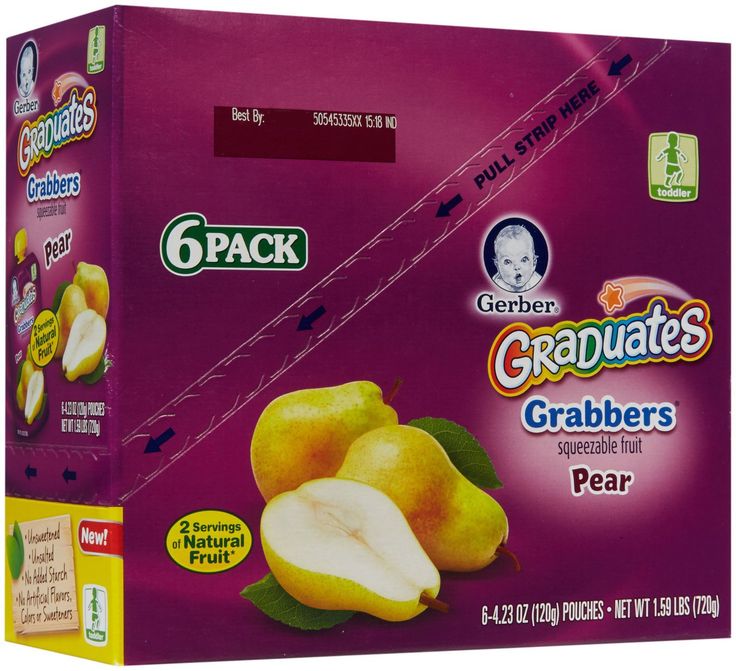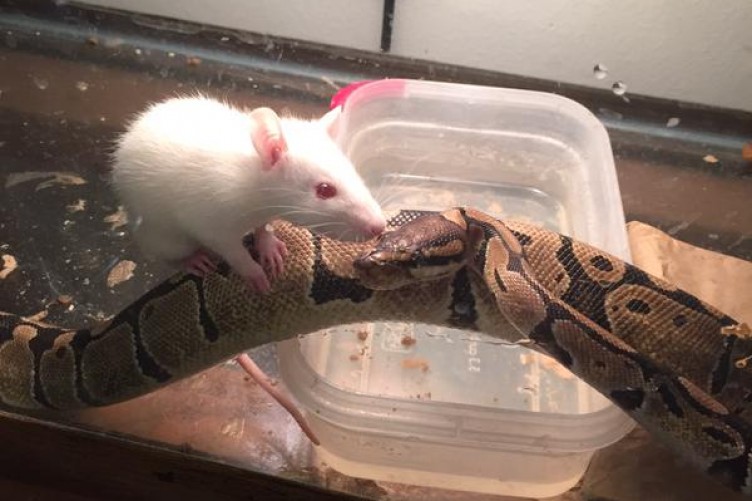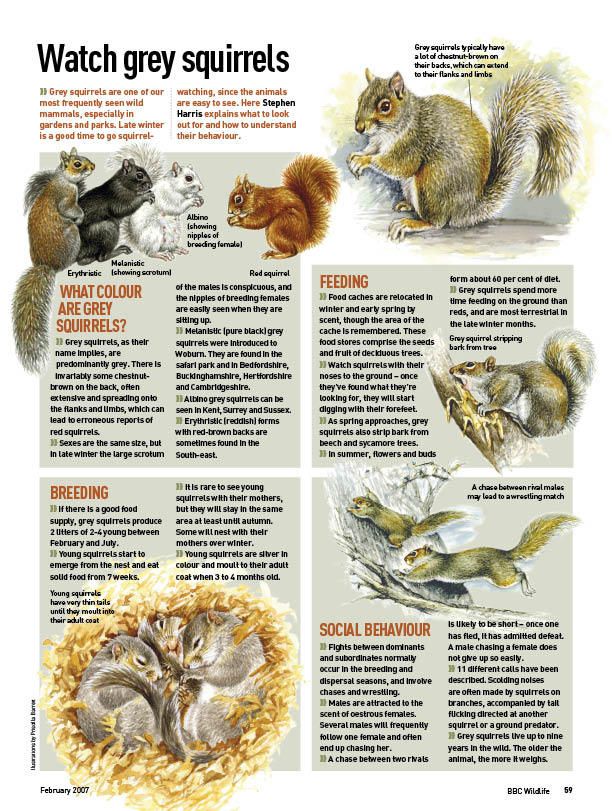Why does my baby stick his tongue out after feeding
Is My Baby Sticking His Tongue Out Normal?
Baby reflexes
Babies have a tendency to use their mouth in a variety of ways. If you notice your baby frequently sticking their tongue out, you may wonder whether this is a normal behavior. The short answer is yes; sticking the tongue out is typically a totally normal infant behavior.
Babies are born with a strong sucking reflex and instinct for feeding. Part of this reflex is the tongue-thrust reflex, in which babies stick their tongues out to prevent themselves from choking and to help latch on to the nipple.
Using their mouths is also the first way babies experience the world. It’s very common for them to mouth things and stick out their tongues, both as part of the feeding instinct and exploring the new world around them. Part of this behavior is your baby noticing the feel of his or her own lips.
If you find that your baby’s tongue is always sticking out of their mouth, or they seem to be constantly drooling — more than is normally associated with spit-up and teething — or they have difficulty swallowing, call your doctor.
That said, here are 10 causes, some common and some rare, for a baby to stick his or her tongue out.
1. They’re playing
There has been some debate since the 1970s about whether newborn babies imitate adult behavior.
Older babies certainly mimic, but several studies, including one in the Journal of Developmental Science, have reported that babies as young as a few weeks old imitate adult facial expressions, including sticking out their tongues.
2. It’s a habit
The tongue-thrust reflex that babies are born with includes sticking the tongue out. This helps facilitate breast or bottle feeding.
While this reflex typically disappears between 4 to 6 months of age, some babies continue to stick their tongues out from habit. They may also simply think it feels funny or interesting.
3. They’re hungry or full
Crying is not the only way that babies communicate they are hungry. Crying is actually a late sign of hunger.
According to the Centers for Disease Control and Prevention (CDC), early signs of hunger may include clenched hands, putting hands in the mouth, turning toward the breast or bottle, and smacking or licking the lips. Sticking the tongue out may be part of a baby’s hunger cues.
Babies may also stick their tongues out when they are full. Other signs of fullness may include turning the head away, spitting out food or milk, and simply refusing to suck or eat.
4. They have a large tongue
If a baby has a larger than average tongue, a condition known as macroglossia, they may stick their tongue out more than usual.
Macroglossia may occur because of genetics, or abnormal blood vessel or muscle development in the tongue. It may also be caused by conditions such as hypothyroidism or tumors.
Macroglossia may occur as one symptom in syndromes such as Down syndrome and Beckwith-Wiedemann syndrome.
If your baby’s tongue does not seem to fit into their mouth, or you notice other concerns, such as excessive drooling, difficulty swallowing, poor muscle tone, or difficulty feeding, call your child’s pediatrician to discuss your concerns.
5. They have a small mouth
There are a number of syndromes or conditions that may cause a baby to have a smaller-than-average mouth. Sometimes babies are genetically predisposed to have a small mouth.
One such condition is micrognathia, or a small jaw. Micrognathia may be genetic or part of a syndrome or condition such as cleft lip or cleft palate, Beckwith-Wiedemann syndrome, Pierre Robin syndrome, and several others.
Children with Down syndrome may have a number of signs including smaller-than-average mouths, short stature, distinct facial features, and decreased muscle tone.
Babies with a condition called DiGeorge syndrome may also have small mouths due to changes in the shape of the palate. DiGeorge syndrome has a number of other symptoms, including heart defects and developmental delay.
6. They have poor muscle tone
Some babies have decreased muscle tone. Since the tongue is a muscle, and is controlled by other muscles in the mouth, decreased muscle tone can cause the tongue to stick out more than usual.
Several conditions may cause decreased muscle tone, such as Down syndrome, DiGeorge syndrome, and cerebral palsy.
7. You’ve got a mouth breather
Babies typically breathe through their nose. If your baby has nasal congestion or large tonsils or adenoids, they may breathe through their mouth instead. This can cause the tongue to stick out.
If your baby seems to have difficulty breathing, flaring of the nostrils, wheezing, or other unusual breathing sounds, you should call your baby’s doctor immediately. If you have other ongoing concerns about your baby’s breathing or amount of congestion, call your baby’s doctor to help troubleshoot.
If your child has large tonsils or adenoids that are interfering with breathing or feeding, they may need to be surgically removed.
8. Gas
Some babies stick their tongues out when they are experiencing gas pains or passing gas. All babies pass gas as a normal part of digestion. Some babies react to the sensation more than others, and may cry, grimace, stick out their tongue, or even smile.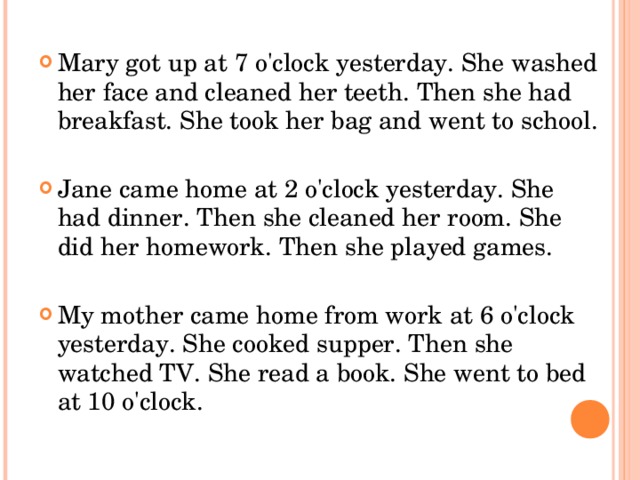
9. A mass in the mouth
Occasionally, babies may have a mass or swollen gland in their mouth, which can force the tongue to protrude.
Very rarely, this may be some type of oral cancer. More commonly, they may have an infection that causes a salivary gland cyst.
If your baby seems to stick out their tongue more than usual, drools excessively, is fussy with eating or refuses to eat, or you can feel or see a bump in their mouth, call your child’s doctor.
10. They’re not ready for solid food
Babies receive most of their nutrition for the first year of life from breastmilk or infant formula. The CDC, and most pediatricians, recommend adding solid foods, starting with pureed baby food or cereal, around 6 months of age.
The amount of solid food a baby eats gradually increases, until the age of 1 year, when most of their nutrients come from solid foods rather than milk alone.
Some babies take readily to solids, while others dislike the taste or textures and may take longer to become accustomed. If a baby is not ready for solid foods, they may stick their tongue out to push the food away or get it out of their mouths. They may not yet have the oral coordination necessary to eat solids.
If a baby is not ready for solid foods, they may stick their tongue out to push the food away or get it out of their mouths. They may not yet have the oral coordination necessary to eat solids.
If your baby is sticking their tongue out persistently when you try solid foods, perhaps stop and try again in a week or two. If you have concerns about your baby’s eating, speak with your baby’s doctor.
Takeaway
Babies stick their tongues out for a number of reasons. Most of the time, this is completely developmentally normal. Occasionally, a baby who sticks their tongue out more than usual may have an underlying reason.
If you are concerned about your baby sticking their tongue out or other accompanying symptoms, it may be helpful to speak to your baby’s doctor.
Causes and what to do
Babies stick out their tongues for many reasons, and sometimes, for no apparent reason at all. A baby who sticks out their tongue may be hungry, full, or not like a certain food.
Babies may also stick out their tongue to imitate or get a response from their parent or caregiver. Knowing a baby’s habits at a particular age can help determine why they stick out their tongue.
This article outlines the reasons why babies may stick out their tongues. It also explains when sticking out the tongue may indicate a cause for concern.
Share on PinterestSticking out the tongue is normal for babies and does not often indicate an underlying medical condition.A baby’s habits, awareness, and ability to copy adult behaviors change with age. Babies below 6 months may stick out their tongue instinctively, while babies above this age may do it intentionally.
Babies under 6 months
For babies under 6 months of age, the most common reasons for sticking out the tongue include natural reflexes, hunger, and genetic differences.
Tongue thrust reflex
The tongue thrust reflex is when a baby automatically extends its tongue in response to something touching the lips. This reflex makes it easier for young babies to eat when an adult offers milk from the breast or bottle.
This reflex makes it easier for young babies to eat when an adult offers milk from the breast or bottle.
The tongue thrust reflex usually lasts up until the baby is 4 to 6 months old. A parent or caregiver should not offer a baby solid foods until this reflex has disappeared. However, most babies will not need solid foods until they are 6 months old.
Hunger
Young babies often stick out their tongues when they are hungry. Parents and caregivers may also notice the baby rooting for food. The baby may turn its head in one direction, open its mouth, and then do the same while facing the other direction.
Genetic differences
Congenital conditions are conditions that are present from birth. Certain congenital conditions may cause babies to have larger tongues than typical. This may cause the tongue to stick out of the mouth.
This is different from when a baby sticks the tongue out on purpose. Babies with conditions such as Down syndrome and Beckwith-Wiedemann syndrome may have a tongue that protrudes from the mouth most of the time, along with other signs and symptoms.
Genetic differences are the least likely reason for babies to stick out their tongues. In most cases, thrusting the tongue out is not a sign that the child has any genetic differences.
Babies over 6 months
At around 6 months old, babies also develop some communication skills, meaning they may intentionally stick out their tongues.
A baby may stick out its tongue to imitate an older child or adult, get a reaction from a parent or caregiver, or signal hunger.
Imitation
Most babies begin imitating simple adult behaviors when they are around 8 months of age. However, premature babies and those with developmental delays may begin imitating slightly later.
A baby may stick out its tongue to imitate an older child or adult or behaviors, such as talking or kissing.
Getting a reaction
Babies crave attention and are continually learning about relationships with the people they encounter. A baby may stick out its tongue to test the reaction it gets from a particular person.
If an adult laughs in response to the baby sticking out its tongue, the baby might do it more often. However, some babies might continue to stick out their tongues even if an adult is disapproving because they are curious about adult behavior.
Hunger
Some babies learn that sticking out their tongue gets them food. They may continue to do this even when they can signal hunger in other ways.
There are several reasons a baby may stick their tongue after feeding. To determine the cause, a parent or caregiver may need to consider other aspects of the baby’s body language.
Below are some reasons a baby may stick its tongue out after feeding.
Signaling fullness
Once full, a baby may turn its head away from food or refuse to accept more to eat. Some babies try to push food out of their mouths by sticking out the tongue.
Signaling hunger
There are times when a baby might still be hungry even though they have just eaten. This may happen during breastfeeding if the person nursing is not producing enough milk, or if the baby did not get enough to eat.
Babies of different ages may display a range of signs that they are hungry. Some examples include:
Babies below 6 months of age:
- rooting
- opening their mouth
- smacking their lips
- balling up their fists
- crying
Babies over 6 months of age:
- reaching for food
- getting excited about the sight of food
- crying
- using signs or hand motions to indicate hunger
Signaling dislike of food
Some babies stick out their tongues when they dislike a new food. It is normal for babies who are trying solids to reject new foods.
A parent or caregiver should never force a baby to eat. Instead, people should continue introducing a wide range of healthful foods. Many babies have to try a food multiple times before they like it.
A baby sticking out his or her tongue does not typically indicate that something is wrong.
However, some neurologically different children may stick out their tongues in situations where other babies would not.
A person should consider taking the baby to see a pediatrician if they frequently stick out their tongue for no apparent reason, and display other developmental differences.
Any change in a baby’s behavior may also warn of an issue. For example, a baby who continuously shows signs of hunger immediately after nursing may not be getting enough breastmilk or formula. Alternatively, the baby may be having trouble absorbing nutrition from their food.
Behavioral changes that occur following a blow to the head or other trauma may signal an emergency. A baby who experiences trauma of any kind should receive immediate medical attention.
During the first year of a baby’s life, parents or caregivers will attend regular appointments with a pediatrician. A person can use these appointments to discuss behavior changes and ask about signs of normal infant development.
Sometimes, a parent or caregiver may need to seek medical advice outside of a scheduled appointment. Always call a doctor if a baby displays any of the following:
- constant signs of hunger, especially if they are breastfeeding and parents or caregivers do not know how much they are eating
- sticking the tongue out in addition to trouble swallowing or feeding
- behavior changes that do not have any clear cause
- signs of physical discomfort
A person should go to the emergency room if a baby’s behavior changes significantly during or following an injury, fever, or illness.
Many people may find parenting stressful, especially as babies cannot clearly communicate what they are feeling.
Babies stick out their tongues for many reasons, such as to signal hunger, fullness, or dislike of a certain food. Babies over 6 months of age may stick out their tongue intentionally as a means of imitating or communicating with their parent or caregiver. However, often there is no clear cause.
It is normal for babies to stick their tongues on. It is rarely a sign of an underlying medical condition that requires attention. Parents and caregivers who are worried about their baby’s behavior or development should contact a pediatrician for advice.
Sticks out tongue - note to moms)) article - 37 answers
Why does a child stick out his tongue An innocent prank or a serious problem?
My baby stuck out her tongue for a very long time after birth, not that I was very worried about this, at first not at all, but when a month passed, the second, and my daughter did not want to hide the tip of her wonderful tongue, I started seriously worry. Fuel was added to the fire by those around me, who constantly asked me the question why my girl with her tongue hanging out, and I, apart from the fact that she likes it so much, could not say anything. With the tip of the tongue sticking out, we saved, were awake, played, walked on the street, did not hide it even when the first teeth appeared, and that's when I started shaking our doctor, rummaging through Internet articles, forums, medical journals and other sources of information. Now my daughter is 10 months old, we have already hidden the tongue, and I am writing this article for mothers who are faced with a similar problem. It is, of course, good when everything ends well, but nevertheless, a protruding tongue in a child can also be a bad signal of various diseases. In this article, we will try to understand the possible causes of this strange phenomenon. nine0009
Fuel was added to the fire by those around me, who constantly asked me the question why my girl with her tongue hanging out, and I, apart from the fact that she likes it so much, could not say anything. With the tip of the tongue sticking out, we saved, were awake, played, walked on the street, did not hide it even when the first teeth appeared, and that's when I started shaking our doctor, rummaging through Internet articles, forums, medical journals and other sources of information. Now my daughter is 10 months old, we have already hidden the tongue, and I am writing this article for mothers who are faced with a similar problem. It is, of course, good when everything ends well, but nevertheless, a protruding tongue in a child can also be a bad signal of various diseases. In this article, we will try to understand the possible causes of this strange phenomenon. nine0009
Searching the Internet, I found a lot of terrible diseases, the symptoms of which include the protruding tongue of a child.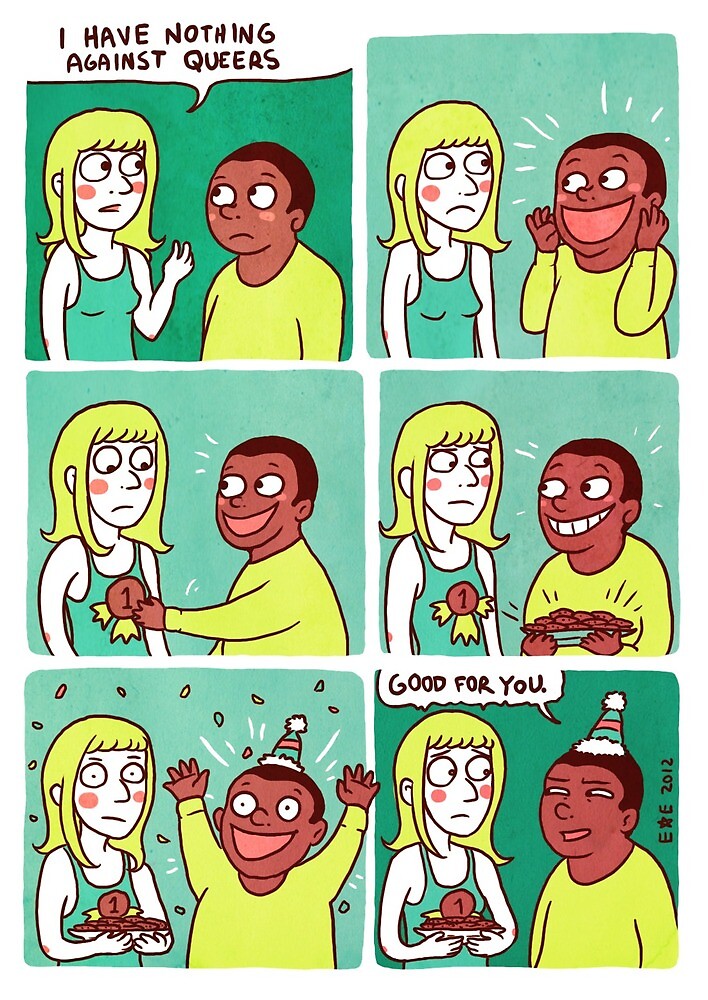 Let's find out where the truth is. Let's start with serious diseases.
Let's find out where the truth is. Let's start with serious diseases.
1) If a nursing child constantly sticks out his tongue , this may be a symptom of hypothyroidism , this disease is associated with the thyroid gland. This can happen if the mother did not have enough iodine during pregnancy. Signs of hypothyroidism, in addition to a protruding tongue, are also slow development of the child, late teeth, the formation of coarse facial features (thick lips, wide nose, short neck), large and swollen tongue, dry skin, pale yellow complexion. Congenital hypothyroidism begins to manifest itself especially brightly from 3 months. In this case, the child does not just stick out the tongue, but the tongue is too big and simply cannot fit in the baby's mouth. In general, dear parents, do not believe sites where, just because of a protruding tongue, you are offered to run to an endocrinologist, children suffering from hypothyroidism are very different from healthy babies, this time. Now, in almost all maternity hospitals, at birth, the baby takes blood from the heel for tests, including for hypothyroidism, these are two. nine0009 2) Increased intracranial pressure ( ICP ) - a common answer to the question why the child sticks out his tongue . For some reason, in the post-Soviet space it is very fashionable among doctors and mothers to make such a diagnosis. No, the phrase ICP is also available abroad, its increase is considered in scientific articles, moreover, the tactics of dealing with this very dangerous phenomenon are being studied, but the list of conditions accompanied by an increase in ICP is very small, and these are more and more such terrible horror stories-diagnoses that one can easily conclude: having an increase in ICP, one can rather get into the intensive care unit and intensive care than sit in line for an appointment with a pediatric neurologist in the district clinic. That is, globally, here and there, approaches to ICP are fundamentally different: there it is a very rare, very dangerous (threatening life and health) condition, usually requiring hospitalization and emergency care, but in our country it is an extremely common disease, easily diagnosed, almost always easily curable and almost always on an outpatient basis.
Now, in almost all maternity hospitals, at birth, the baby takes blood from the heel for tests, including for hypothyroidism, these are two. nine0009 2) Increased intracranial pressure ( ICP ) - a common answer to the question why the child sticks out his tongue . For some reason, in the post-Soviet space it is very fashionable among doctors and mothers to make such a diagnosis. No, the phrase ICP is also available abroad, its increase is considered in scientific articles, moreover, the tactics of dealing with this very dangerous phenomenon are being studied, but the list of conditions accompanied by an increase in ICP is very small, and these are more and more such terrible horror stories-diagnoses that one can easily conclude: having an increase in ICP, one can rather get into the intensive care unit and intensive care than sit in line for an appointment with a pediatric neurologist in the district clinic. That is, globally, here and there, approaches to ICP are fundamentally different: there it is a very rare, very dangerous (threatening life and health) condition, usually requiring hospitalization and emergency care, but in our country it is an extremely common disease, easily diagnosed, almost always easily curable and almost always on an outpatient basis. So, before agreeing with such a diagnosis on the basis of only a protruding tongue in a child, and running away to drink pills, I advise you to get to know this topic better, for example, here. nine0009 3) Popular on the Internet version of why a child sticks out his tongue - otrapiya facial muscles. It seems to me that there is no need to write much here, any sane person understands that this is fraught with more than just sticking out his tongue, the baby cannot control his muscles on his face, the tongue falls out of his mouth, the child does not smile, does not grimace, in general, such a problem is visible and not naked eye and requires immediate medical attention.
So, before agreeing with such a diagnosis on the basis of only a protruding tongue in a child, and running away to drink pills, I advise you to get to know this topic better, for example, here. nine0009 3) Popular on the Internet version of why a child sticks out his tongue - otrapiya facial muscles. It seems to me that there is no need to write much here, any sane person understands that this is fraught with more than just sticking out his tongue, the baby cannot control his muscles on his face, the tongue falls out of his mouth, the child does not smile, does not grimace, in general, such a problem is visible and not naked eye and requires immediate medical attention.
Now let's get acquainted with the less harmless causes of a protruding tongue in a child, and at the same time, with the most probable ones. nine0009 4) Teething - the baby scratches itchy gums with the help of the tongue and relieves pain.
5) The child is just playing around, he likes to explore his abilities and abilities, so he sticks out his tongue from time to time.
6) It so happened that your baby's tongue is too big and does not fit completely in the mouth, usually this problem goes away by itself by 6 months and does not require any third-party intervention.
7) A child sticks out his tongue because he misses his mother's boobs :), this is the most common cause of tongue protruding in breastfed babies, they just want to constantly be close to mommy and their beloved boobs, because in addition to nutrients, breast milk also contains soothing, akin to morphine, which help the baby feel calm. nine0009 In general, dear parents, do not repeat the mistakes of others, if your child is developing well, if he is alert, active, mobile, there are no teeth marks on his protruding tongue and the tongue does not fall out of his mouth, you should not torture yourself with the question why my the child sticks out his tongue , you should not drag your baby to countless doctors and stuff him with unnecessary pills, it is better to spend this time doing more pleasant activities with your child.
Health to you and your children!
Tongue sticking out: causes of malocclusion
- home
- Articles
- Children's orthodontics
- Is the child sticking out his tongue? Wait for malocclusion
There are many causes of malocclusion, one of them is tongue dysfunction, or its permanent incorrect position. Let us tell you in more detail why the habits of sticking out the tip of the tongue, bending it, and the like are very likely to lead to orthodontic problems.
Does the child stick out his tongue? This is not a harmless habit, but a problem! nine0051 Tongue, nose, throat: everything is interconnected The inside of a child's nasopharynx is covered with mucous, which normally should perform a protective function: to trap viruses, bacteria, dust particles and other allergens. But if the mucous membrane dries up, it becomes too thin and vulnerable.
But if the mucous membrane dries up, it becomes too thin and vulnerable.
Therefore, by the way, the child's room should be cool and quite humid.
If the house is hot, the air is dry, the nasopharyngeal mucosa dries up, and any virus can easily penetrate the thinned protective barrier. This causes frequent SARS associated with a runny nose and swelling of the nose. nine0007
Because of these diseases, the child's nasal breathing is disturbed, his mouth is constantly open and his tongue is visible. Gradually, the habit of breathing through the mouth in a dream develops.
Breathing through the mouth during sleep is a very disturbing signThe mouth opens slightly, expanding the space for the tongue. And, of course, the child's tongue begins to take up this extra space in and out of the mouth.
This is how language dysfunction occurs, then it becomes fixed in the child's habits.
There is a vicious circle: frequent acute respiratory viral infections - stuffy nose - the habit of breathing through the mouth - overdried mucous membranes - frequent acute respiratory viral infections, and in addition there is a dysfunction of the tongue.
nine0007
All this can lead to the growth of lymphoid tissue, and hence to adenoiditis and tonsillitis, since it is the nose that provides air filtration, and when breathing through the mouth, allergens and viruses enter directly into the oropharynx. At the same time, full oxygen saturation of the blood does not occur and night sleep is disturbed - in the morning the child gets up sleepy, during the day he feels drowsy and cannot concentrate on studying.
Please note: when a child sleeps with his mouth open - this is a very disturbing symptom. Such a habit easily passes into adulthood: snoring, apnea and numerous negative consequences from this occur. nine0007
Need help?
Need help?
Sign up for a free consultation
By clicking on the "Waiting for a call" button, you confirm your consent to the processing of user data
Thank you for your application, our manager will contact you nine0007
Tongue dysfunction: how it affects the teeth
The habit of breathing through the mouth, including during sleep, leads to an increase in tongue dysfunction. The child begins to stick out his tongue more often (and the tongue is the strongest oral muscle), make additional efforts and press his tongue on his teeth.
The child begins to stick out his tongue more often (and the tongue is the strongest oral muscle), make additional efforts and press his tongue on his teeth.
What will happen to the teeth if such a habit develops?
- A diastema, a gap between the front teeth, may form.
- The contacts of the teeth in the anterior region may be disturbed, then an open bite will appear - a rather difficult pathology to correct: it causes significant harm to the condition of the teeth, since all the load falls on the chewing teeth in the lateral regions. nine0041
- The front teeth can rotate (turn around their axis) or form a protrusion - tilt forward.
Children's teeth are quite malleable, as the child grows, the size of his jaws and the place in the row of teeth constantly increase. Therefore, the efforts that the tongue exerts are quite enough to move the teeth, but they will not be able to return back to the correct position on their own.
Another problem
In addition to orthodontic problems, there will be difficulties with pronunciation of sounds. Speech therapy correction is designed for the correct structure of the teeth and the functioning of the tongue, so classes with a speech therapist will be very long and ineffective if the main cause of poor diction is not eliminated.
How to help a child?
It should be understood that these habits do not arise by themselves and not because of bad behavior. Remarks and reminders that you can not stick out your tongue will not work - you need to work with the root cause of the violation. nine0007
- Restore nasal breathing.
Orthodontists often prescribe consultations with an otolaryngologist, since the dental system and the respiratory system are closely related. Removal of adenoids, therapy of chronic diseases, normalization of the microclimate at home to reduce the frequency of acute respiratory viral infections, hardening and other restorative procedures - all this can be prescribed by a doctor to achieve remission.
- Consult an orthodontist.
Only in this order, otherwise the treatment will not be effective. As soon as the child is able to breathe with his mouth closed, you can proceed to correct the position of the teeth and tongue.
For this, children's orthodontic appliances were created:
- Plates.
- Trainers.
- Twin Block Apparatus.
- Kinder Smile children's aligners.
All of these devices are removable, act quite gently, guiding the teeth during their active growth. Wearing requires parental control, but with proper use, problems are solved quite quickly - in a few months. nine0007
Only after that you can start classes with a speech therapist - when the malocclusion and the main manifestations of tongue dysfunction are eliminated, the correction of sound pronunciation will be much more successful.
You can get a free diagnosis and get free consultation
The orthodontist will give you a medical opinion whether you are better suited for braces, veneers or aligners
Book an appointment in your city nine0106
Need help?
Need help?
Sign up for a free consultation
By clicking on the "Waiting for a call" button, you confirm your consent to the processing of user data
Thank you for your application, our manager will contact you
Read also:
- Contraindications for orthodontic treatment
- What threatens the wrong bite and its violation? nine0041
- Surgical correction of the bite
- Orthodontic pacifier
- Plates for straightening teeth
- Lingual braces
A million dollar smile at a bargain price!
By clicking on the "Waiting for a call" button, you confirm your consent to the processing of user data
Thank you for your application! the manager will contact you shortly.





